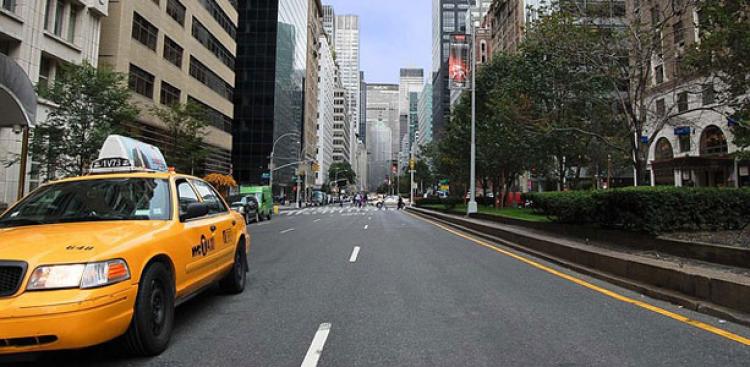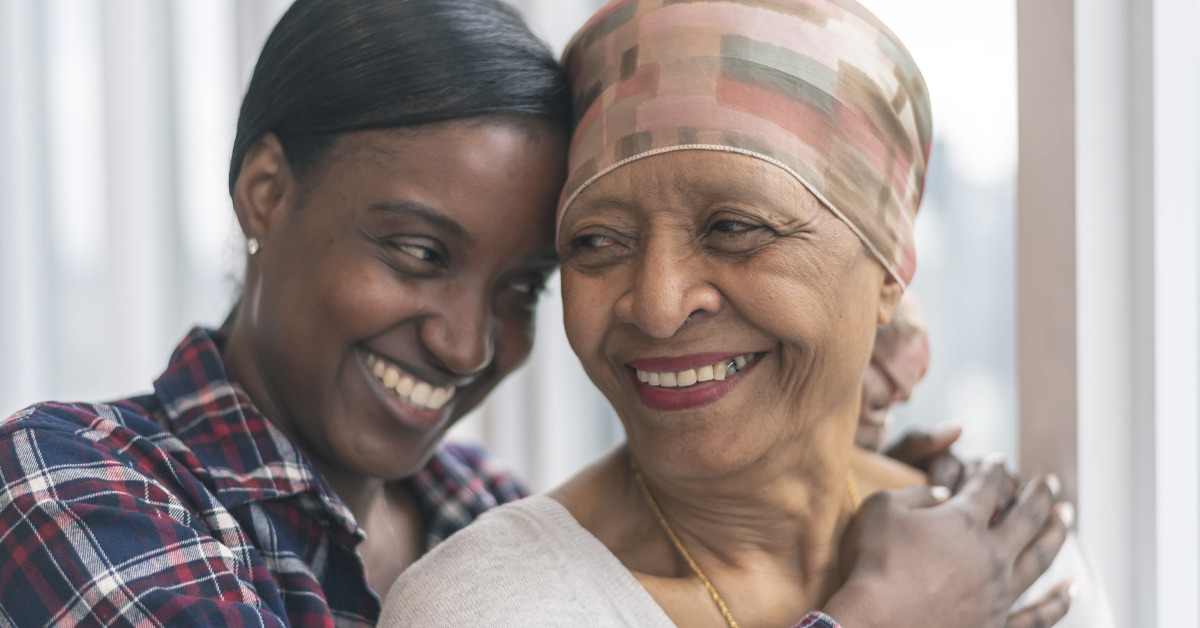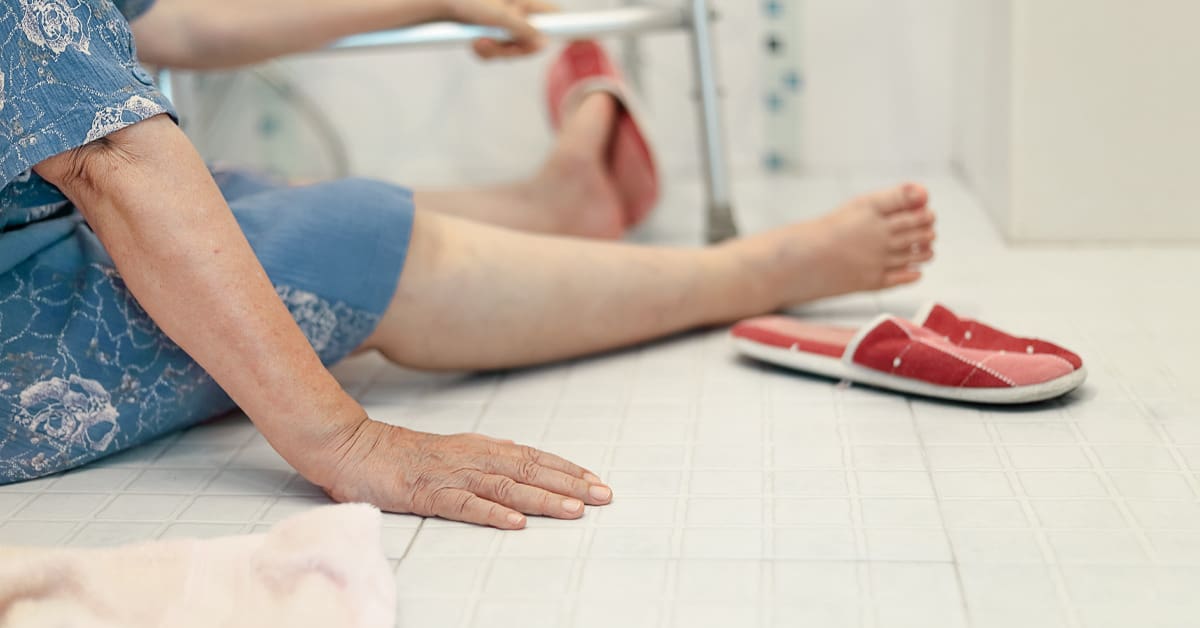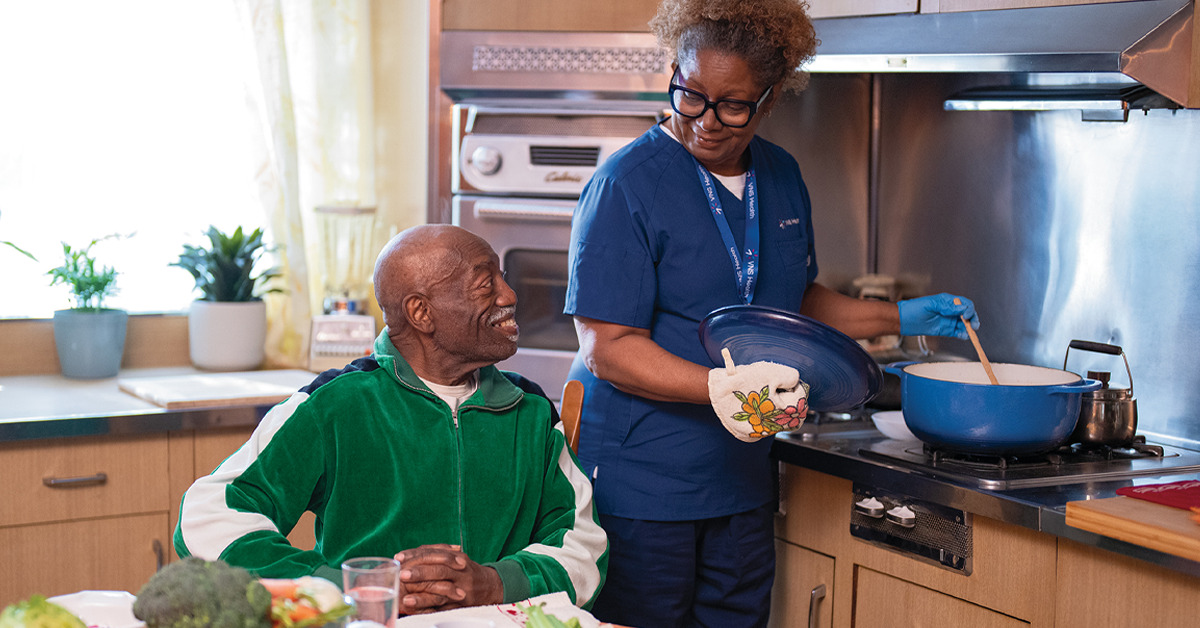Helping the Elderly Stay Cool in High Temperatures
Heat waves can be very dangerous for people over age 65 or those with chronic medical conditions.

WHEN TEMPERATURES RISE, SO DO RISKS FOR THE ELDERLY.
Heat waves are never easy, but they’re very brutal in cities. Pavement and metal trap the heat, so cities can be 10 degrees hotter than suburbs! Heat waves can be very dangerous for people over age 65 or those with chronic medical conditions.
Setting an air conditioner (AC) to 78*F is the best way to avoid heat-related illness. Your loved one might not have an AC. Or the AC may break down or stop working during extreme heat. Open windows, but pull shades as low as possible to keep out the sun. Use fans night and day to keep air moving.
Here are other tips:
- Be sure the AC vents and filters are clean.
- Have plenty of liquids on hand. If your family member has heart, kidney, or liver disease, check with the doctor about how much is safe.
- Make sure your family member wears light, loose-fitting garments.
- New York City opens cooling centers when the heat index is dangerously high. Call 311 (TTY: 212-504-4115) or go to http://gis.nyc.gov/oem/cc/index.htm during a heat emergency to find one near you. Libraries, senior centers, and community centers often serve as cooling centers during heat waves.
- If your family member lives alone, be sure to have a neighbor or friend check to make sure they are ok.
- Limit cabin fever by going outdoors in the morning and late afternoon. Go to an air-conditioned place, like a bookstore or a movie theater.
Leg or stomach cramps are often the first sign of heat-related illness. Treat mild cramps immediately with rest and fluids. If cramps are severe or accompanied by nausea, seek medical attention.
Fatigue, headache, dizziness, confusion, weak pulse, and shallow breathing are signs of heat exhaustion and heat stroke. With heat exhaustion, the skin is clammy or sweaty. With heat stroke, it is flushed, hot, and dry.
Treat heat exhaustion by putting feet up, placing cool wet cloths on the skin, and giving water or electrolyte solutions. If these don’t help, seek medical attention. Heat exhaustion can lead to heat stroke. Heat stroke is a medical emergency. Call 911 at once!
Even if the heat does not bother you, it may cause problems in an older person. Conditions that can cause heat cramps in a teen may cause heat exhaustion in a 40-year-old and heat stroke in someone over 60.


